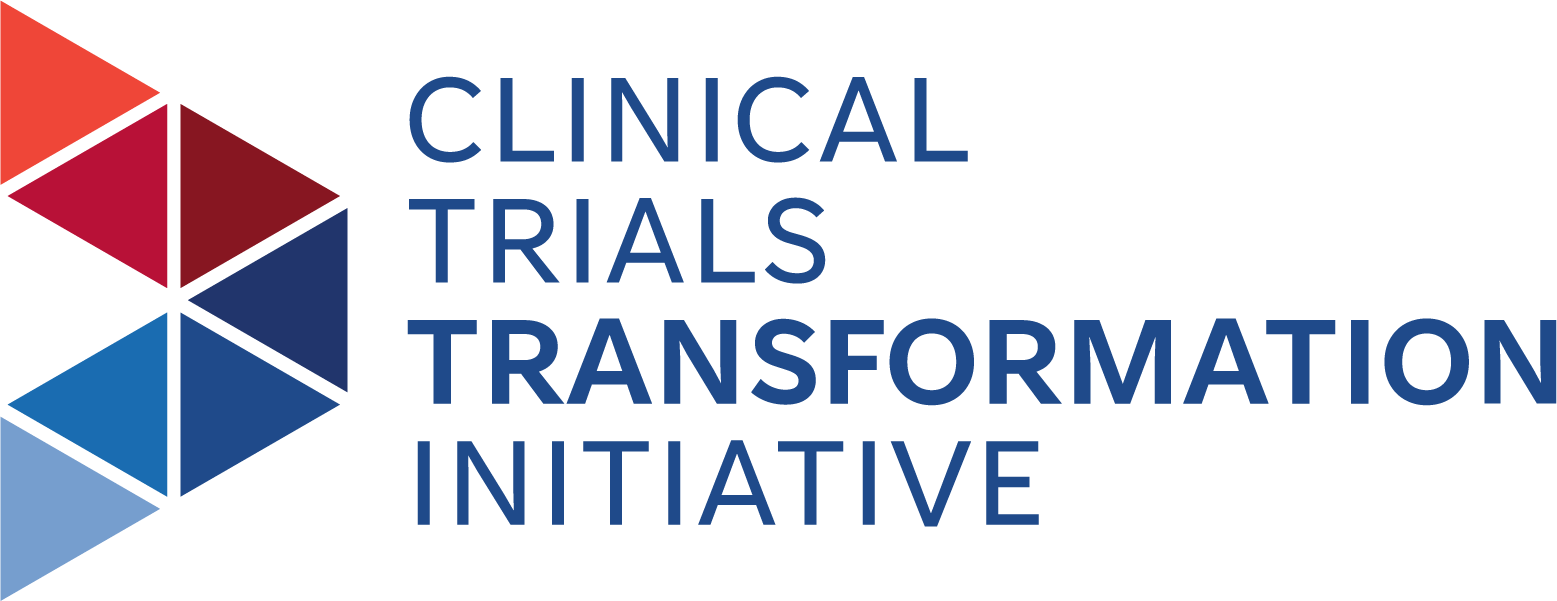Curebase Pioneers Completely Virtual Site to Meet Patients Where They Are
Curebase Applies CTTI's Decentralized Clinical Trials Recommendations
SUMMARY
Curebase started as a company highly focused on
building software technology to optimize decentralized clinical trials (DCTs),
but quickly decided to expand into providing services for operationalizing and
conducting these trials. It used CTTI's recommendations to navigate the
ever-changing legal and logistical waters of DCTs, successfully launching
itself as a specialized DCT software platform and virtual research site.
GOAL(S)
Upon its founding in 2017, Curebase
was known primarily for its eClinical software platform, an all-in-one patient,
provider, and remote monitoring solution built for decentralized studies. The San Francisco-based
startup was doing well, but its Chief Executive Officer (CEO) quickly realized there was an opportunity to
add specialized services to compliment the software platform. Curebase wanted
to offer researchers a one-stop-shop for DCTs, which are executed through
telemedicine and mobile/local healthcare providers using processes and technologies
that differ from the traditional clinical trial model. DCTs are conducted outside
a traditional site setting, with subjects remaining
at home during a significant portion, or all, of the study.
CHALLENGES
The concept of DCTs is relatively new, so there
was limited information available to understand logistical and regulatory
challenges specific to these trials. The Curebase team also had to start
shifting their mindset from software-focused to trial operations-focused. One
leader joked that prior to the expansion, most of the team thought of "API" as
an "application programming interface" rather than an "active pharmaceutical
ingredient," the term most frequently used by sponsors and Clinical Research
Organizations (CROs).
SOLUTION(S)
CTTI has worked to address the legal and
regulatory challenges that come with conducting DCTs through telemedicine and
mobile healthcare providers. They have created recommendations that explore several topics--including telemedicine
state licensing issues, FDA review division reception, and Good Clinical
Practice-related issue--to help advance widespread use of mobile technologies
in DCTs. One Curebase employee connected to CTTI stakeholders heard of the
recommendations and brought them into Curebase, and those recommendations
became the basis for the organization's efforts to combine its proprietary
software platform with its proposed suite of services to operationalize DCTs.
TAKING ACTION
Curebase relied on CTTI's DCT recommendations to
better understand the landscape of legal and regulatory barriers to DCTs.
Curebase specifically looked at CTTI's work discussing state licensing and
direct-to-patient shipping. For example, the DCT recommendations suggest that
DCTs that operate across multiple states can manage state-by-state medical
licensure concerns through maintaining an investigator in each state where
services are anticipated, utilizing investigators licensed in multiple states,
or contracting with companies providing licensed mobile health care provider
research services across all U.S. states (or at least in those states in which
the trial will be conducted). The recommendations also note the ever-changing
legal landscape around DCTs and encourage an investment in legal counsel to
help understand them. Curebase took that advice, which later proved to be an
important and critical investment that was key to their success.
CTTI's recommendations were also instrumental in
Curebase's ability to determine when particular studies require aligning sites
with an investigator in each state to represent its DCTs. In this way, Curebase
is working to combat "dead zones" in the United States where there is not a
large institution for miles, making patient participation low and affecting the
representativeness of research.
Achieving principal investigator oversight might
seem impossible in a virtual trial, but Curebase has developed detailed plans
to combat this challenge. Those include 1) live meetings with principal
investigators at scheduled times with staff; 2) giving staff access to reports
so they can see high-level information and drill down as needed; and 3) setting
up alerts and other triggers for safety events. Having a defined plan is
something sponsors and CROs are very receptive to, and this approach has helped
differentiate Curebase from its competitors.
IMPACT
Today, Curebase is thriving as a specialized DCT
software platform for virtual research, using its pioneering software platform
to run clinical studies that reach patients and physicians everywhere. When the
COVID-19 pandemic hit in March 2020, Curebase was ahead of the curve and ready
to offer the digital solutions the industry suddenly needed urgently.
Curebase's leadership believes the digital approaches to clinical trials will
continue to grow, even after the pandemic subsides. In November 2020, the U.S.
Food and Drug Administration released new recommendations around diversity
in clinical research. With Curebase's established focus to target rural areas,
the organization was already well aligned.
ADVICE
From Curebase's perspective, the best lesson
they have learned to date is that trials don't have to be all decentralized or
all traditional. The original idea Curebase had in 2017 was to separate itself as
a truly "decentralized" (versus a "virtual") solution. Curebase is grounded on
the principle of flexibility in study settings, whether that be at large
institutions, private clinics, mobile providers, or virtually at home. Some
patients WANT to go to the clinic or must, but they don't want to travel
hundreds of miles each time. The organization implemented this flexibility to its
model toward true patient centricity by partnering with local and community
health care providers as sites to offer patients a convenient choice in the
care setting.
Curebase also recommends putting in the time to
go outside your company's knowledge base--the speed of change in the industry
requires that now, its leaders say. In addition, researchers should engage in
those discussions early during protocol development to save headache on the
back end. Have a good process for vetting the technology solutions you choose
for your digital trial--there are a lot of options out there, and not all of
them are created equal. Use CTTI's recommendations to ensure your technology is
in compliance with regulatory requirements.
ORGANIZATION
Curebase
ORGANIZATION TYPE
Industry
IMPLEMENTATION DATE
2018
TOPIC
Decentralized Clinical Trials
